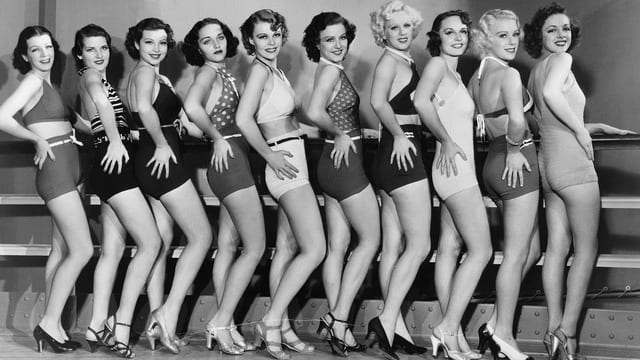This post is over three years old, the information may be outdated.
History is one of the most popular majors for Arts students, and has a pretty loyal following among Education students – with good reason. It encompasses human nature, politics, ethics, pretty much everything that has ever happened AND you get to watch a lot of documentaries. Not to mention all the cool jobs history can land you once you leave uni. It’s a pretty sweet deal.
I think a big part of what attracts people to study history is how much fun they had studying it in high school. And while this is a great intro to the kind of history you study at uni, there are some pretty key differences. There are also some aspects of uni history that make it unique from other Arts majors. So that’s why I’m here. To tell you all those tips that the pros don’t (or aren’t supposed to) tell you.
In high school there is a huge focus on memorising dates. In uni, not so much. The focus is less on the facts and what happened when, and more on various interpretations and causes and effects of historical events. Don’t stress yourself too much about trying to remember specific dates at uni. As long as you know that Poland wasn’t invaded in 64AD you should be okay.
APA referencing becomes irrelevant
If you’re studying an Arts degree, you’ve definitely been lectured about the ins and outs of the all-important APA referencing system. The awkward part is APA is one of the worst referencing systems for history. All the history lecturers I’ve met have backed me up on this. Generally, Chicago referencing is the international standard for history. So get yourself familiarised with it, or find a good reference generator (like the one built into Microsoft Word). The best part is that Chicago is one of the simplest referencing systems to learn.
Annotated bibliography
If you’re a new history student, pretty soon these words will become very familiar to you. They might even prompt a slight groan. But annotated bibliographies are really important to studying history. They show that no source of information is 100% reliable, which is part of what makes a history student’s job so challenging (and interesting). Just remember to take notes on your sources as you read them, so you don’t have to make it up at the end. We’ve all done it, and it’s not great.
Heavy stuff
No more Horrible Histories here (okay, maybe a little). Part of studying history in an adult environment is the version of history you are taught is not filtered for an underage audience. And at times, it can be really heavy subject matter. Of course, it won’t be like that every week, but there have been times I’ve shed some tears while watching a documentary. Your professor will usually give you a warning before this, in case you think you can’t handle it. Know your limits. But know that part of history is studying the nice bits and the difficult bits, so (hopefully) the world can learn from its mistakes.










